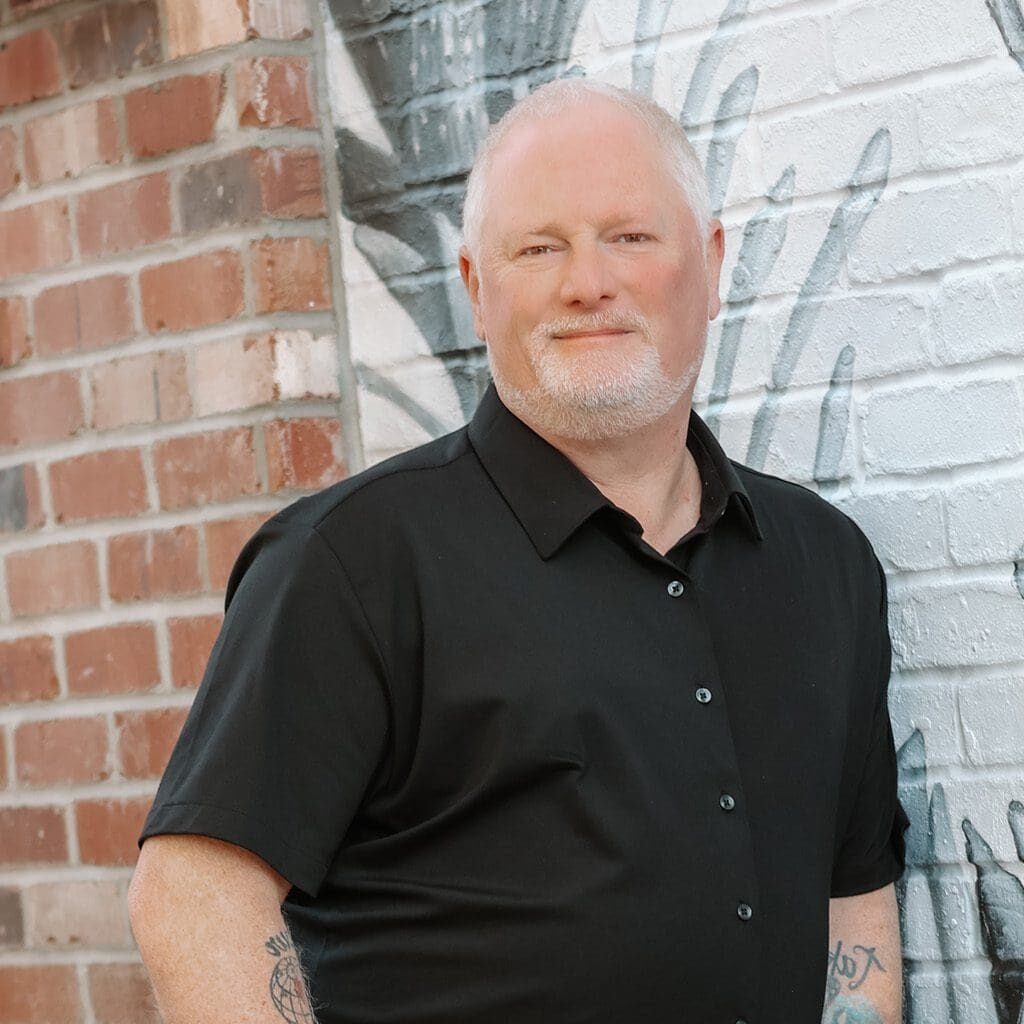Changing habits can feel like an uphill battle, especially when you keep returning to the same behaviours you’re trying to eliminate.
Whether it’s procrastination, negative self-talk, or self-sabotaging routines, the cycle can feel both familiar and frustrating. For many people experiencing stress and anxiety, these behaviours aren’t just bad habits; they’re coping mechanisms tied to deeper emotional triggers. Understanding the psychology behind these patterns is essential to making lasting change.
That’s where professional counselling plays a vital role. At The Healing Oak, our registered counselling services are designed to help clients in Chilliwack, Abbotsford, and nearby areas gently unpack the emotional layers behind persistent behavioural blocks, and rebuild healthier, more sustainable habits.
Recognising the Signs of Self-Sabotage
Self-sabotage doesn’t always look dramatic. It can appear as seemingly small, everyday choices that quietly derail our goals. You might find yourself putting off a task until it becomes overwhelming, overcommitting to projects and later experiencing burnout, or skipping self-care with the excuse that “there’s no time.”
These behaviours are often accompanied by a familiar chorus of negative self-talk. Perhaps most perplexing is the pattern of abandoning goals just as meaningful progress begins.
These patterns, while common, are often rooted in deeper emotional responses. A fear of failure may drive avoidance, while perfectionism may result in chronic overworking. These behaviours aren’t just about lack of discipline—they’re deeply connected to our emotional experiences and learned coping strategies.
Emotional Triggers: The Invisible Drivers
Emotional triggers are powerful responses linked to past experiences or unresolved stressors. They often activate thought patterns and behaviours without our conscious awareness.
For example, someone who grew up with critical caregivers may internalize beliefs that they are never “good enough,” leading to chronic self-doubt in adulthood.
Triggers can stem from a wide variety of sources: early childhood environments, trauma, past failures, or interpersonal dynamics. They may reflect fears of rejection, judgment, or inadequacy. When left unexamined, these emotional responses guide behaviour in ways that can feel out of control.
Emotional Triggers at Work
Think about the last time you abandoned a new habit. Were you tired—or anxious about not doing it “perfectly”? Triggers often show up as perfectionism, avoidance, or chronic stress that makes following through feel impossible.
Recognising these patterns is the first step toward reclaiming agency. Counselling helps shine a light on the moments where emotion drives action, allowing you to respond rather than react.
How Counselling Helps Identify and Disrupt These Patterns
A registered counsellor offers more than just a sympathetic ear. Through collaborative conversations, you can begin to identify the emotional experiences underlying your behaviours.
You might uncover how a deep-seated fear of being judged is fueling your procrastination. Or you may realise that you push yourself too hard because rest feels undeserved. In therapy, we explore these patterns without judgment. Clients learn how to reframe beliefs that no longer support their well-being. We guide the process of developing personalised coping strategies that align with your values and mental health needs.
One of the most important aspects of therapy is that it provides a safe space for this exploration. Emotional safety encourages vulnerability, which is necessary for meaningful change. At The Healing Oak, our counsellors work with care and intention, creating room for insights that help untangle the roots of self-sabotage.
From Insight to Strategy
Counselling bridges the gap between understanding your emotional triggers and taking action. It transforms vague frustration into clear, manageable steps forward.
Behaviour Change Starts with Self-Compassion
Many people assume they need more willpower to break a habit. But in reality, they need more understanding of themselves, their emotional needs, and the experiences that shaped them. Self-compassion plays a pivotal role here. When you replace blame with curiosity, change becomes more accessible and less daunting.
In counselling, clients are guided to notice what precedes their habitual behaviours. Is it anxiety? Shame? Fatigue? This awareness is paired with strategies that reinforce kindness and realistic expectations. A lapse doesn’t mean failure—it means you’re learning. By working with a professional, you create a feedback loop that builds resilience. Small shifts, like recognizing a thought pattern or pausing before acting on an urge, add up to meaningful progress over time.
Rewriting the Script: Realistic Habit Change Through Counselling
Counselling supports change not by demanding perfection, but by helping you work with who you are today. Realistic, sustainable strategies are central to the process. Together with your counsellor, you’ll look at your current routines and stressors to develop approaches that fit your actual life.
That might mean choosing one habit to work on at a time, identifying your peak energy hours for productivity, or practising saying “no” to commitments that drain you. What matters is that the plan is yours—grounded in your emotional health, not someone else’s blueprint for success.
Sustainability Over Intensity
Quick fixes often backfire. Long-term change happens when strategies respect your pace and include space for imperfection.
Celebrating small wins is another crucial piece. In therapy, we acknowledge progress in all forms—not just external results. This reinforcement builds confidence, making it easier to maintain new behaviours even when life gets hard.

Why Now Might Be the Right Time to Seek Help
If you’re constantly thinking, “I know what to do, I just can’t seem to do it,” you’re not alone. Stress and anxiety interfere with decision-making, energy levels, and emotional regulation. These are not weaknesses—they’re signs that your nervous system is overextended.
Counselling can offer both immediate relief and long-term tools. With professional support, you’re more likely to uncover what’s really holding you back and less likely to shame yourself for struggling. Many clients feel a sense of relief after even the first session—not because the problem is “fixed,” but because they no longer have to face it alone.
If you’re ready to shift from stuck to supported, book a confidential session with our team today. We offer a compassionate space where change doesn’t start with pressure—it starts with care.

Korey Smith, RPC-C
is a Registered Professional Counsellor Candidate practising at The Healing Oak Chilliwack and Abbotsford
Ready for a change?
FAQ's
How does counselling help with habit change?
Counselling helps uncover the emotional patterns and beliefs that drive behaviours. Through reflection, support, and practical strategies, clients build awareness and create new, healthier habits.
What types of habits can counselling help me with?
Common habits include procrastination, negative self-talk, avoidance, emotional eating, perfectionism, and overworking—especially when linked to stress or anxiety.
Is it normal to feel resistant to change?
Yes. Resistance often signals an internal conflict or fear. Counselling helps you explore those feelings safely, making change more approachable and less overwhelming.
How many sessions will I need to see progress?
Everyone’s timeline is different. Some clients notice meaningful shifts within a few sessions, while others benefit from ongoing support over several months.
Is counselling covered by insurance?
It can be, yes. The Healing Oak offers direct billing with many insurance providers. Our team can help you understand your coverage and options.

